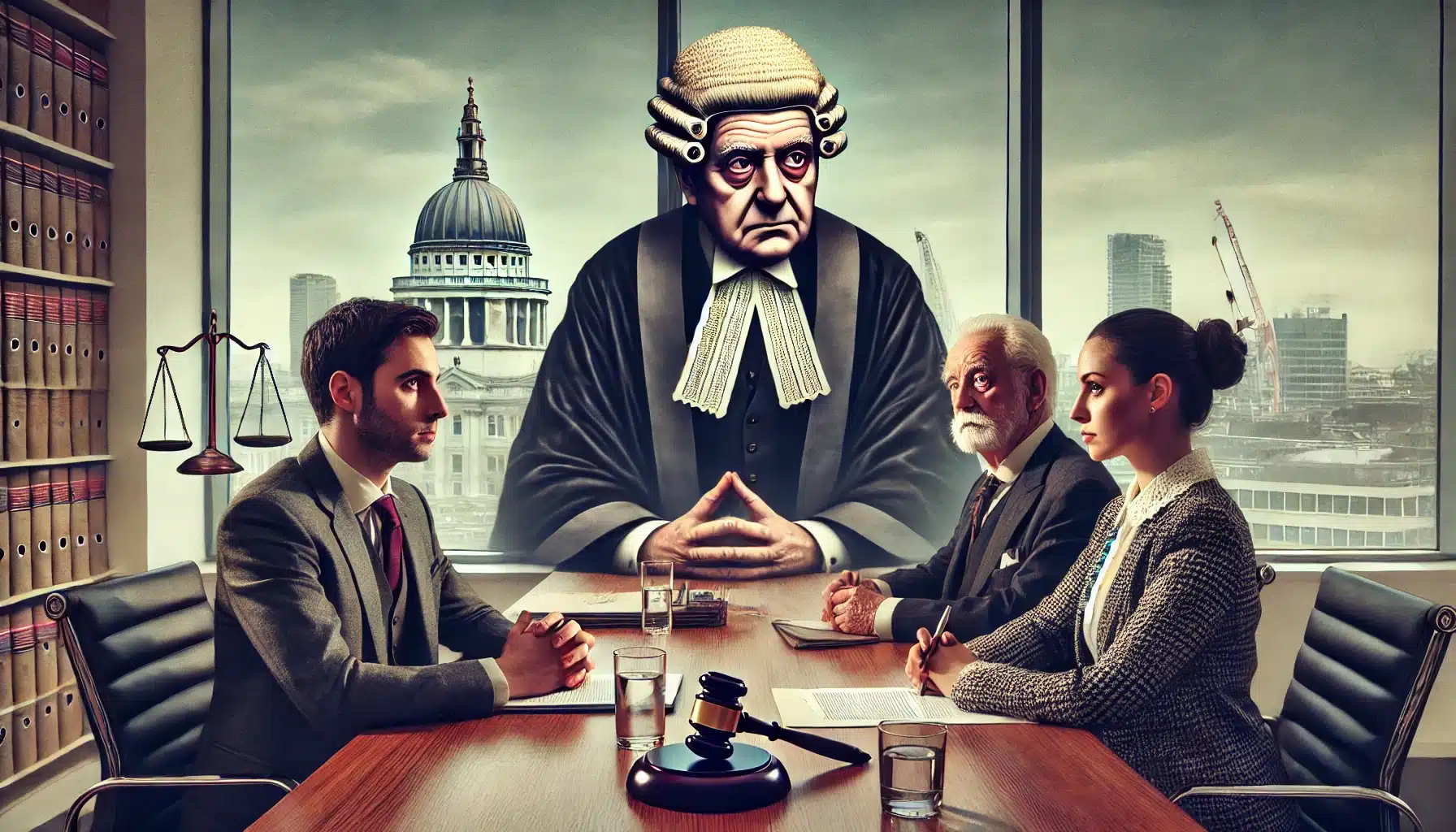Want to learn more about mediation?
If you would like to know more about mediation and how it works in practice we have a new event for you to attend.
We will be running a live demonstration of a mediation in action.
The session is suitable not only for those interested in mediation but also for those who are interested in finding out more about the value of mediation as a form of early dispute resolution especially considering the following case:
Churchill v Merthyr Tydfil Council [2023]
The mock mediation will play out before you and demonstrate the roles of those involved, outlining the process and how mediation can aid parties to resolve their disputes in a low-cost timely manner
Would you like to take part?
As well as providing the opportunity to attend and learn from this event we also have a limited number of roles available for members to take part in the mediation. If you would be interested in taking part please email the office direct giving an indication as to which role you would have a preference for.
The case in brief: Churchill v Merthyr Tydfil Council
James Churchill made a claim against his Welsh local authority after discovering Japanese knotweed in his garden.
Merthyr Tydfil Council argued that Mr Churchill should have explored non-court dispute resolution options such as its internal complaints process before taking legal action.
The key question was whether a claimant unreasonably refusing non-court dispute resolution can be blocked from making a civil claim in court.
The Court of Appeal reconsidered the longstanding precedent of Halsey v Milton Keynes General NHS Trust [2004], which had established that parties could not be forced to engage in mediation. The Court of Appeal deemed these remarks obiter and no longer reflective of the current law.

